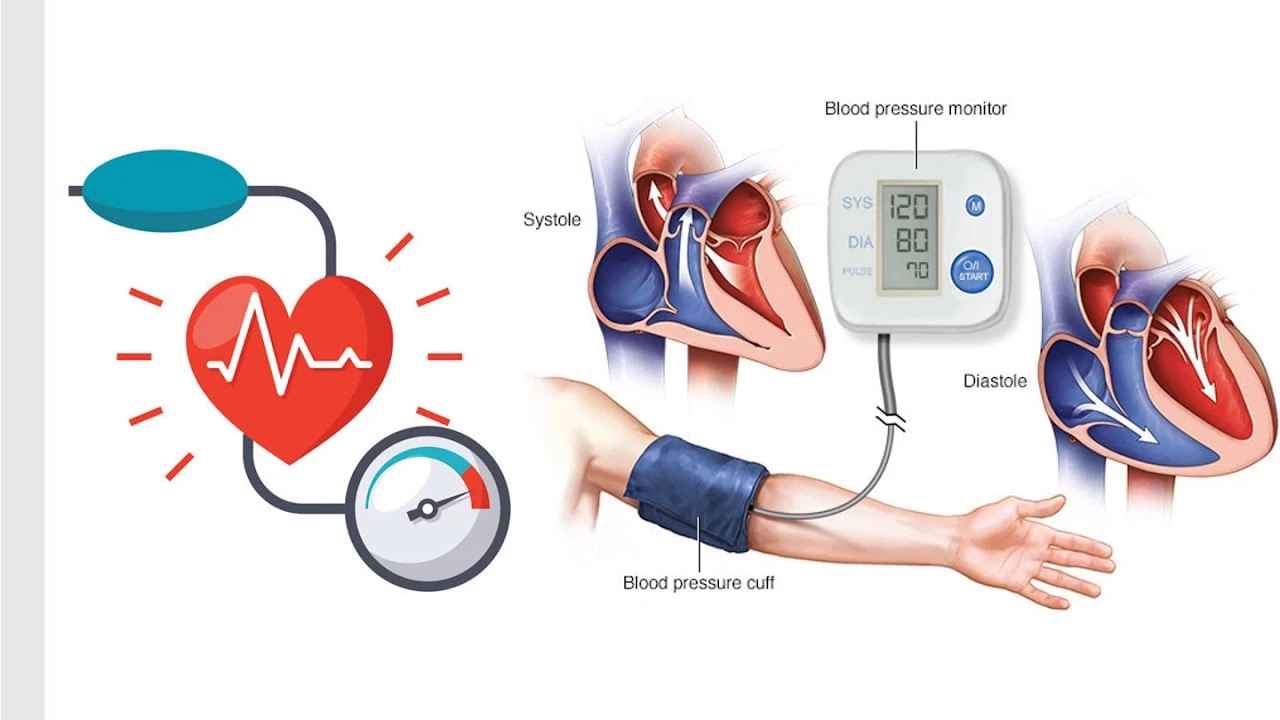Weight management: practical steps you can start today
Carrying extra weight affects more than how you look — it changes how you breathe, sleeps, and feels day to day. If you want real change, skip the quick fixes and focus on habits that fit your life. This page gives clear, usable advice you can try this week and points to deeper reads on related topics from our site.
Quick daily habits that work
Start small. Swap one sugary drink for water or unsweetened tea. Add a source of protein at breakfast — eggs, Greek yogurt, or a handful of nuts — to cut afternoon cravings. Aim for veggies on half your plate at lunch and dinner. Little switches add up: protein and fiber keep you full, fewer empty calories helps your calorie balance without starving yourself.
Move more without forcing a gym marathon. Take a brisk 20–30 minute walk after a meal, use stairs, park farther away, or do a 10-minute bodyweight circuit at home. Resistance training twice a week preserves muscle while you lose fat, and more muscle helps your body burn more calories at rest.
Sleep and stress matter. Poor sleep raises hunger hormones and makes cravings worse. Try to get 7–8 hours and keep a simple bedtime routine. When stress hits, pick a short walk, breathing exercise, or call a friend instead of reaching for food.
When to consider pills, supplements, or extra help
If lifestyle changes stall, talk to a clinician. Some prescription medicines and medical programs can help, especially if you have diabetes, high blood pressure, or obesity-related breathing problems. Be open with your doctor about goals and side effects — some meds change appetite or weight.
Supplements aren’t magic, but a few can support weight efforts. Fish oil has shown modest benefits for inflammation and metabolic health, and simple choices like replacing high-calorie fats with healthier oils can help your diet. Always check interactions and tell your doctor what you take.
Community programs make a difference. Local fitness groups, school or workplace wellness initiatives, and neighborhood nutrition classes give structure and keep you accountable. Our article on community interventions shows how small local changes can help large groups lower obesity rates.
Watch your breathing. Extra weight can worsen sleep apnea and shortness of breath; improving weight often improves breathing. If you snore loudly, wake gasping, or feel very tired during the day, get evaluated.
Finally, choose changes you can maintain. Crash diets and extreme plans burn out fast. Set weekly goals you can repeat, track progress with simple measures (how clothes fit, energy levels, or a weekly weigh-in), and adjust based on what works. If you want specific reading, check our guides on breathing problems, dietary supplements like fish oil, and community approaches to obesity for deeper tips and practical tools.






